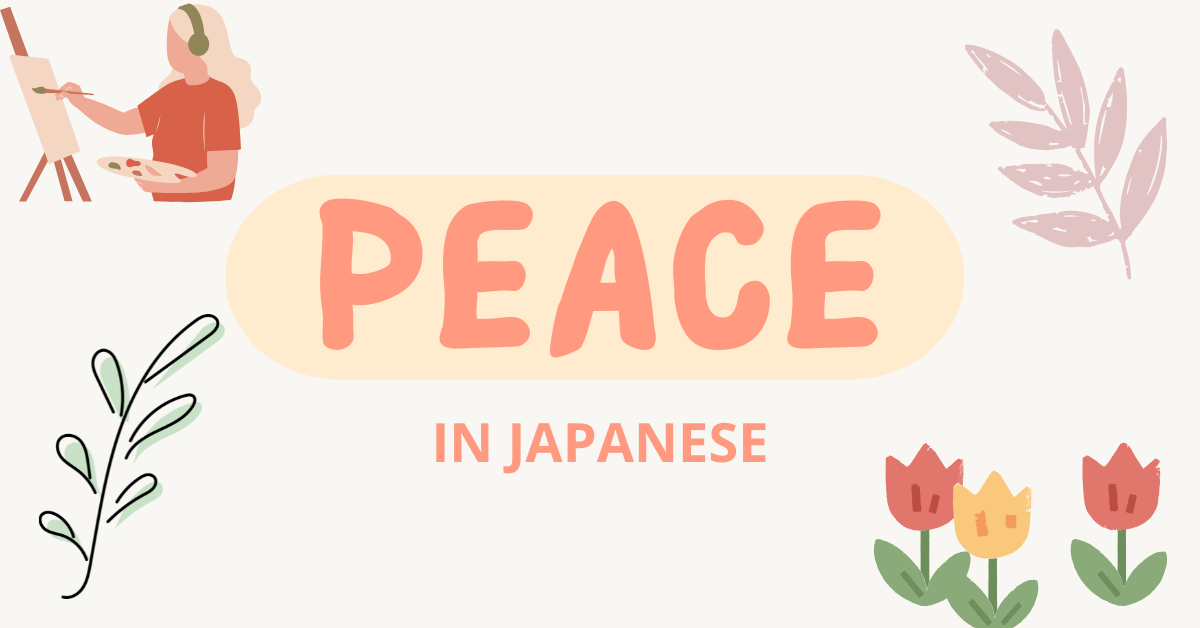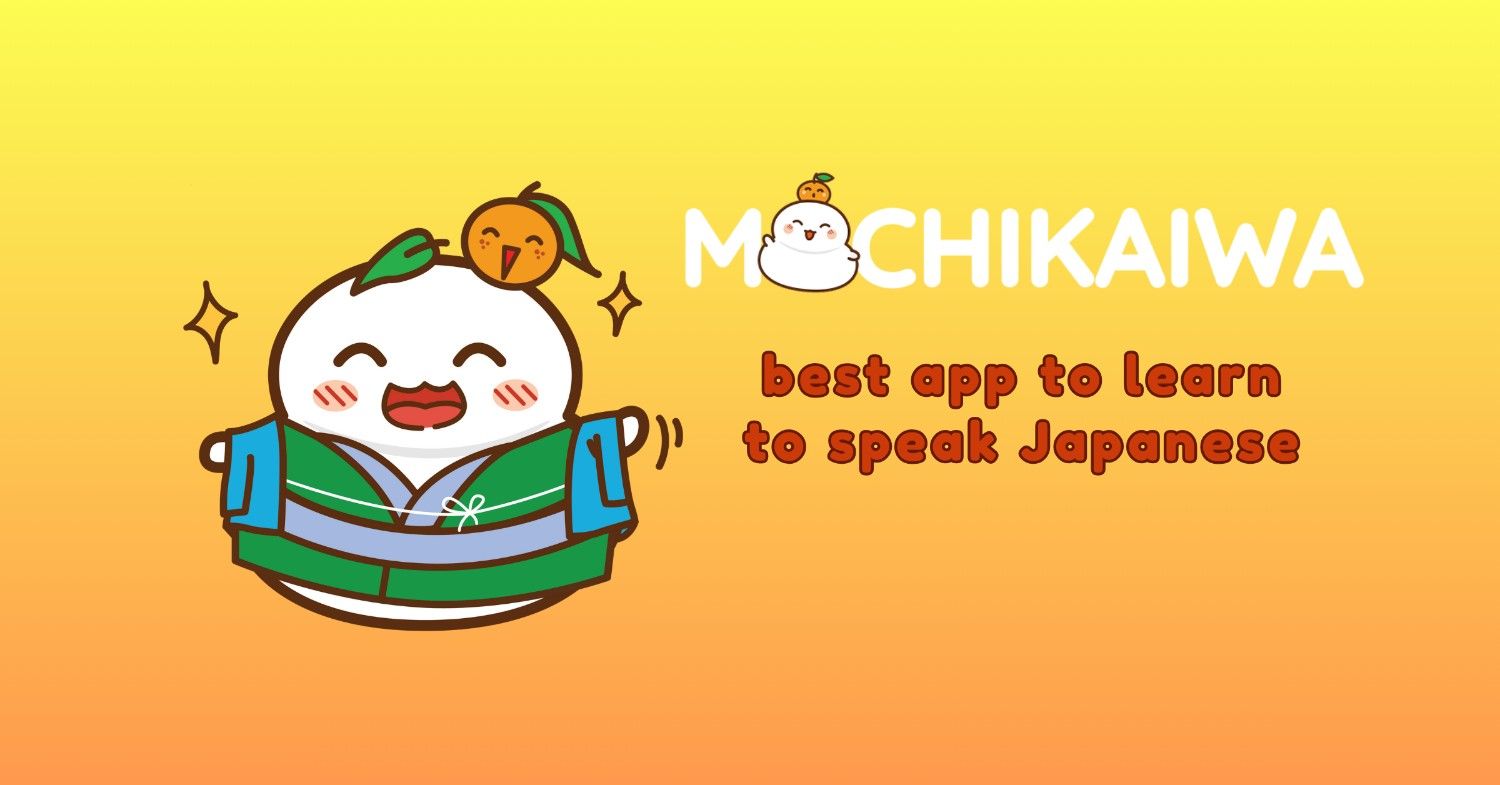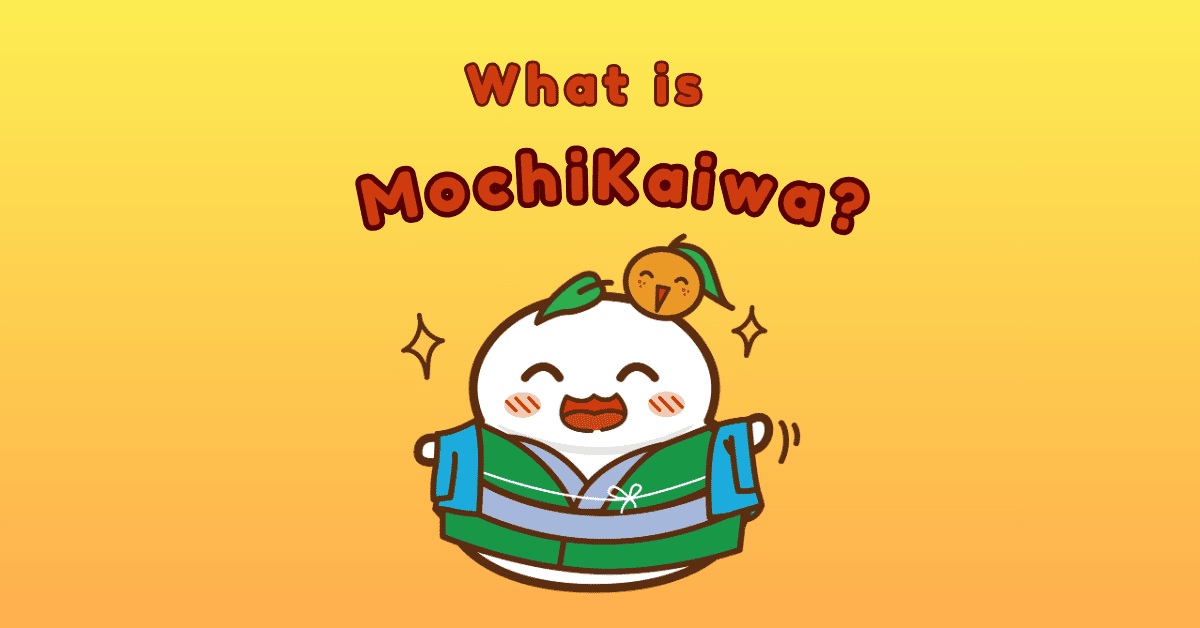- 20 important Japanese words for strength
- Cultural significance
- Enhance your learning with MochiKanji
- Conclusion
When it comes to language learning, vocabulary related to strength plays a significant role in expressing power, capability, and resilience. In Japanese, various words capture these nuances, offering insights into cultural values and perspectives on strength. Whether you’re discussing physical abilities, emotional resilience, or social influence, knowing these terms will enhance your communication skills and deepen your understanding of the language.
In this article, we’ll explore 20 important Japanese words that embody different aspects of strength, their meanings, usage, and cultural significance.
20 important Japanese words that embody different aspects of strength
1. Chikara (力)
Chikara translates to “strength” or “power.” This versatile term is foundational in Japanese, referring to physical prowess, mental strength, or influential power in social contexts. For example, you might say “Chikara ga aru” (力がある) to mean “to have strength.” This term is widely used in everyday conversation and in contexts discussing personal capabilities.
2. Jitsuryoku (実力)
Jitsuryoku means “actual ability” or “competence.” This word is particularly relevant in competitive environments, such as sports or academic settings. You could say “Jitsuryoku o misete” (実力を見せて), meaning “Show your true ability.” Understanding this term highlights the Japanese appreciation for authentic skill over mere appearance.
3. Tairyoku (体力)
Tairyoku refers specifically to “physical strength” or “stamina.” It’s often discussed in health, fitness, or sports contexts. For example, “Tairyoku o tsukeru” (体力をつける) means “to build physical strength.” This term underscores the cultural emphasis on bodily health and endurance in Japanese society.
4. Tsuyoi (強い)
Tsuyoi translates directly to “strong.” As an adjective, it can describe both physical and emotional strength. For instance, you might say “Kare wa tsuyoi hito da” (彼は強い人だ), meaning “He is a strong person.” This word captures the dual nature of strength, applicable to various situations.
5. Kenryoku (権力)
Kenryoku means “authority” or “power.” This term focuses on social and political strength, making it relevant in discussions about leadership or governance. For example, “Kenryoku o motte iru” (権力を持っている) means “to hold power.” The term reflects the structured nature of power dynamics in Japanese society.
6. Seiryoku (勢力)
Seiryoku can be translated as “force” or “power.” It often describes groups with significant influence, such as political parties or organizations. “Seiryoku ga aru” (勢力がある) means “to have power/influence,” indicating the importance of collective strength in social structures.
7. Ikioi (勢い)
Ikioi translates to “momentum” or “vigor.” This word expresses a strong forward motion or enthusiasm, often in a figurative sense. For example, “Ikioi ni noru” (勢いに乗る) means “to ride on the momentum.” It’s commonly used in contexts where energy and enthusiasm propel actions forward.
8. Hakuryoku (迫力)
Hakuyoku refers to “impact” or “forcefulness.” It describes the compelling presence of something, whether it be a performance, artwork, or personality. For instance, “Kono eiga wa hakuyoku ga aru” (この映画は迫力がある) translates to “This movie has a strong impact,” illustrating how powerful expressions can resonate with audiences.
9. Chikara Zuyoi (力強い)
Chikara Zuyoi means “powerful” or “strong.” This phrase conveys robustness and vigor, often used in inspirational contexts. For example, “Kare no speech wa chikara zuyokatta” (彼のスピーチは力強かった) translates to “His speech was powerful,” reflecting the ability of strong words to inspire.
10. Buryoku (武力)
Buryoku means “military power.” This term discusses the use of force or military strength, particularly relevant in historical or political discussions. “Buryoku o tsukau” (武力を使う) means “to use military power,” showing the seriousness with which such concepts are regarded.
11. Kiryoku (気力)
Kiryoku translates to “vitality” or “willpower.” This term emphasizes mental strength and determination. For example, “Kiryoku ga nai” (気力がない) means “to lack the willpower,” highlighting how important mental resilience is in Japanese culture.
12. Tairyoku Kyōka (体力強化)
Tairyoku Kyōka means “physical strength enhancement.” This term is commonly used in discussions about fitness regimens or health programs. For instance, “Tairyoku kyōka shimasu” (体力強化します) translates to “I will enhance my physical strength,” indicating a commitment to personal health.
13. Chikara Ippai (力一杯)
Chikara Ippai means “with all one’s strength.” This phrase emphasizes maximum effort in an undertaking. For example, “Chikara ippai ganbarou!” (力一杯頑張ろう) translates to “Let’s do our best with all our strength!” This reflects the cultural belief in giving one’s all.
14. Chikara Zuku (力尽く)
Chikara Zuku translates to “to use all one’s strength.” Similar to Chikara Ippai, it conveys the idea of exhausting all effort. For instance, “Chikara zuku de shiteiru” (力尽くでしている) means “I’m doing it with all my strength,” emphasizing the importance of commitment.
15. Jōryoku (助力)
Jōryoku means “assistance” or “support.” This term refers to the help provided or received in various contexts, such as teamwork. For example, “Anata no jōryoku ni kansha shimasu” (あなたの助力に感謝します) means “I appreciate your assistance,” highlighting the value placed on cooperation.
16. Shitachi (執達)
Shitachi translates to “executor” or “person in charge.” This term refers to someone responsible or in a leadership position. For instance, “Shitachi no shime” (執達の締め) means “The executor’s decision,” showcasing the authority that comes with responsibility.
17. Seikatsu Ryoku (生活力)
Seikatsu Ryoku means “livelihood” or “ability to live.” This term describes the strength required to sustain oneself, often emphasizing self-sufficiency. For example, “Seikatsu ryoku ga takai” (生活力が高い) translates to “to have high resilience,” underlining the cultural focus on independence.
18. Zairyoku (財力)
Zairyoku translates to “financial power.” This term refers to economic strength and is relevant in discussions about wealth or resources. For instance, “Zairyoku ga aru” (財力がある) means “to have financial power,” emphasizing how economic resources translate into influence.
19. Ikirukoto (生きること)
Ikiru Koto means “the act of living.” This term reflects the strength necessary to navigate life’s challenges. For example, “Ikiru Koto wa taihen da” (生きることは大変だ) translates to “Living is difficult,” illustrating the struggles inherent in life and the resilience required to overcome them.
20. Seiryoku Sōzō (勢力創造)
Seiryoku Sōzō means “creation of influence.” This term discusses the ability to build social or political power. For example, “Seiryoku sōzō suru” (勢力創造する) means “to create influence,” highlighting the proactive approach many take in shaping their environments.
Cultural significance
The richness of these terms reflects not only linguistic diversity but also the cultural emphasis on various types of strength in Japanese society. The language highlights the importance of resilience (gaman) and community support, showcasing how power dynamics are viewed in Japan. Understanding these words allows learners to appreciate how strength is portrayed across different contexts, from personal challenges to societal structures.
Enhance your learning with MochiKanji
MochiKanji is a fantastic resource for anyone looking to deepen their understanding of Japanese vocabulary, including these essential words for strength.
The app utilizes spaced repetition to reinforce your memory of kanji, ensuring you revisit terms at the ideal times for long-term retention. With engaging features like audio pronunciation, visual aids, and structured lessons, MochiKanji makes the learning process interactive and effective. By incorporating these tools into your study routine, you can solidify your grasp on these important concepts and elevate your Japanese language skills.
Conclusion
Understanding the various Japanese words for strength enriches not only your vocabulary but also your insight into Japanese culture and values. Each term offers a glimpse into how strength is perceived, whether it’s physical power, mental resilience, or social influence. By familiarizing yourself with these words, you can communicate more effectively and appreciate the subtle nuances that these terms embody.





